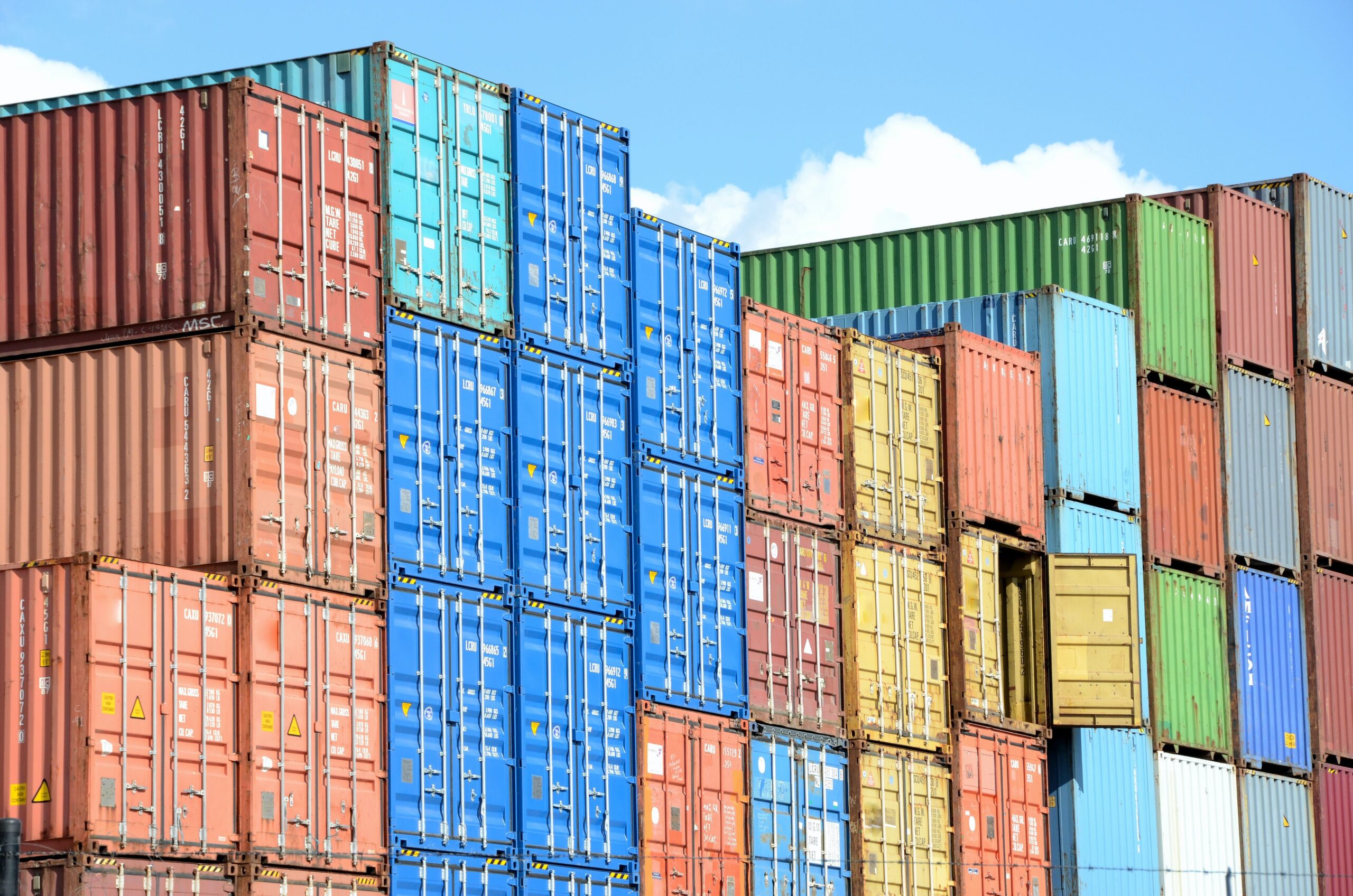ASEAN has proven to the world that the region can become a driving force for global growth and economic growth. The combined Gross Domestic Product (GDP) of ASEAN countries approached US$3.4 trillion in 2021, making it the fifth largest in the world and still growing at a rate of 5.5% in 2022.
The implementation of the Asia-Pacific trade pact in 2022 will further integrate the economies of ASEAN countries and its five partner countries: China, Japan, South Korea, Australia, and New Zealand.
The Regional Comprehensive Economic Partnership (RCEP) comprises a total of 15 countries, including those in ASEAN and its five partner countries, with a combined GDP of US$26.1 trillion.
This means that nearly one-third of the world’s GDP is shared among the RCEP member countries. With lower import tariffs and duties, trade among the 15 participating countries is expected to increase significantly.
Following its agreement at the 37th ASEAN Summit in 2020, Indonesia and 12 other participating countries have ratified the RCEP, while the Philippines is expected to follow suit this year.
This development is expected to have a positive impact on economic growth and open up wider opportunities for businesses and investment for both corporations and individuals.
In a report by the Asian Development Bank (ADB) on the RCEP, published in May 2022, it was estimated that the trade pact could increase the region’s GDP by US$245 billion by 2030 and create 2.8 million jobs.
The Economic Research Institute for ASEAN and East Asia (ERIA) projected that the implementation of the RCEP could increase exports and imports by more than US$500 billion by 2035, and contribute an additional US$490 billion in fresh investment.
Airlangga Hartarto, the Coordinating Minister for Economic Affairs, stated that the RCEP could increase Indonesia’s export value by US$5.01 billion by 2040.
Conversely, failing to participate in the RCEP could lead to a reduction in exports. With a total population of 2.2 billion across 15 countries, the RCEP represents a significant opportunity for businesses and investment.
However, according to a study by HSBC Navigator: SEA in Focus in 2022, awareness among businesses about the RCEP remains very low. Around 16% of the surveyed companies were found to have no knowledge of the trade pact.
Nearly 45% of respondents from China, France, Germany, India, the United Kingdom, and the United States said that they either did not know about the RCEP or had no plans to utilize the benefits of the treaty.
Therefore, it is necessary to increase awareness and educate private sector actors about the RCEP in order to fully optimize the opportunities for businesses in the ASEAN region.



















